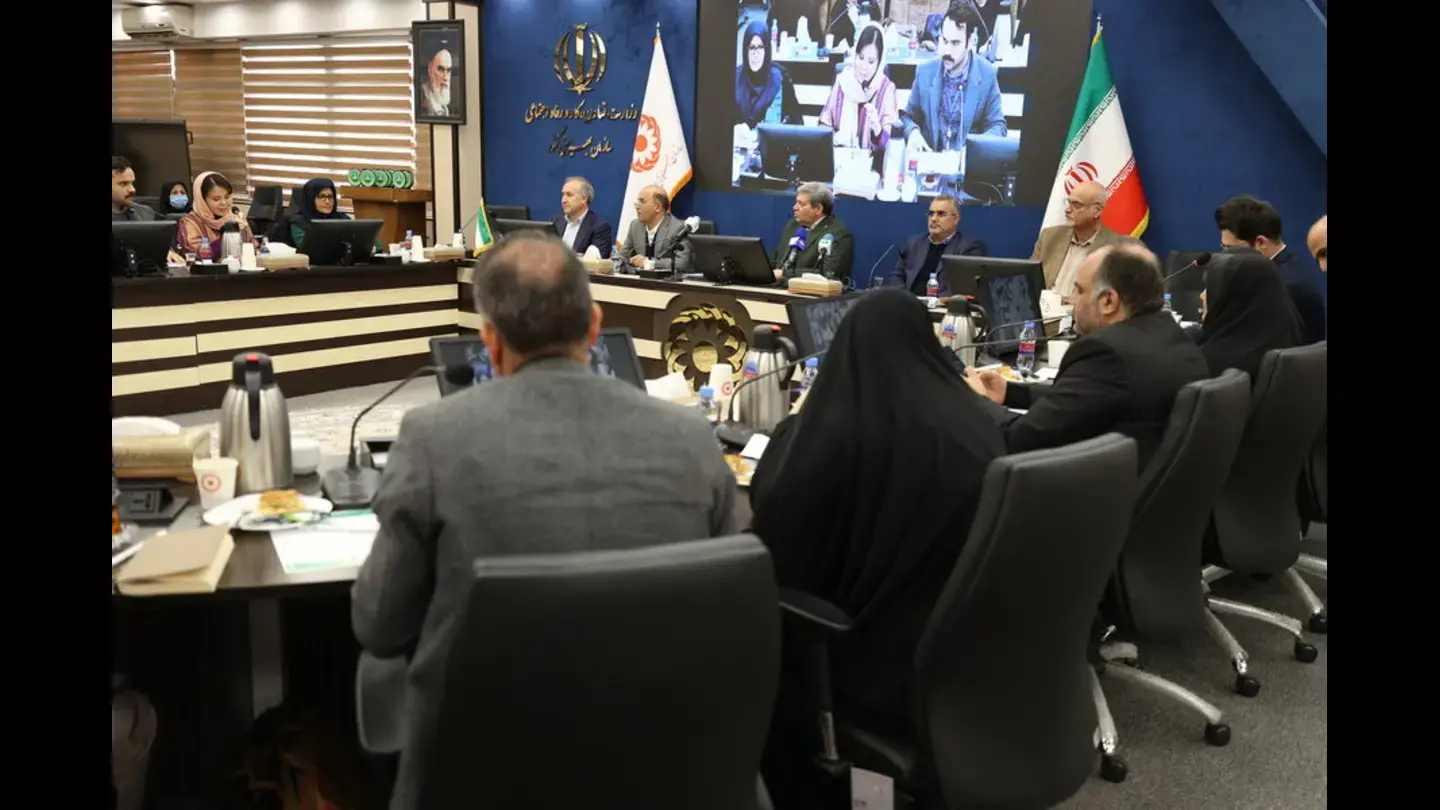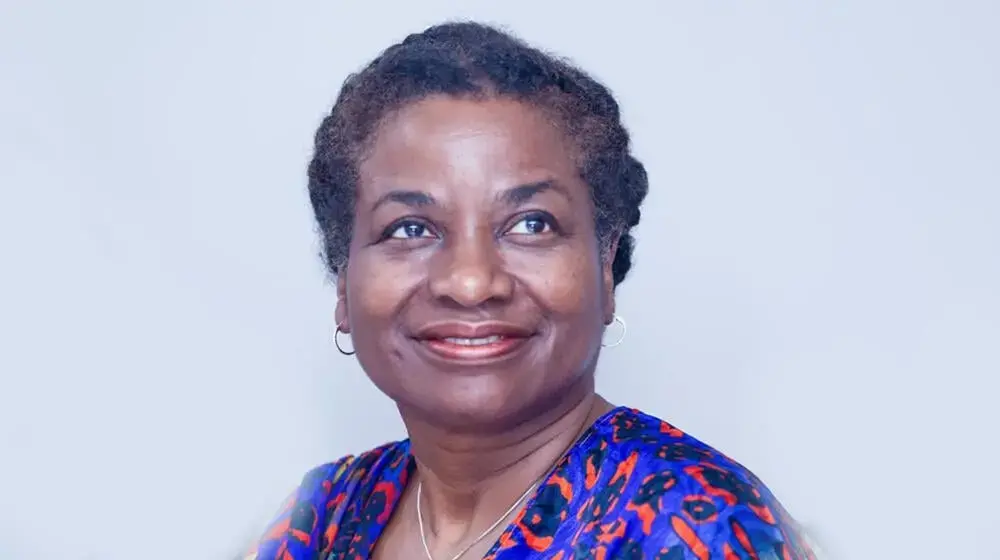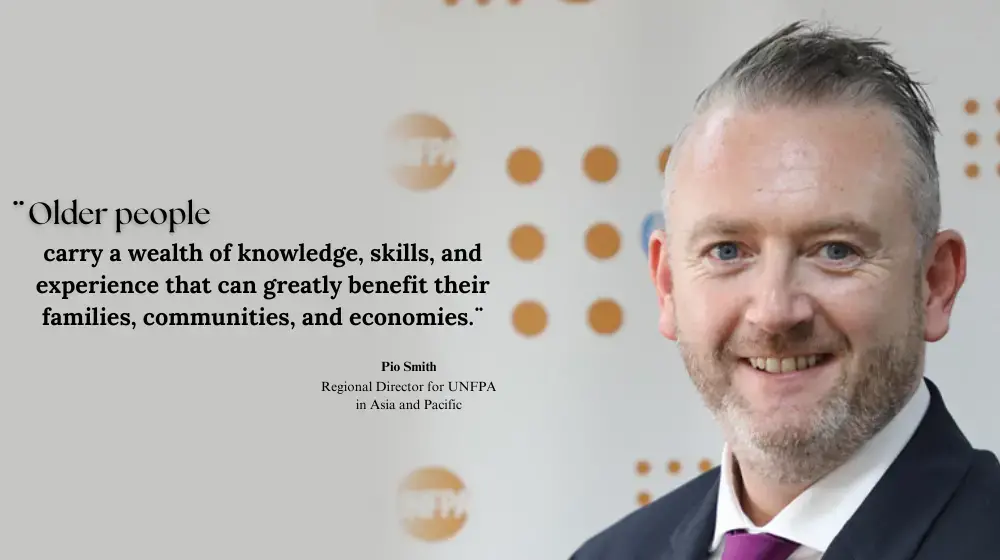17 August- A seminar on assessment and review of legislation on population ageing programmes in the 6thNational Development Plan was held by the Secretariat of National Council of the Elderly (SNCE), Ministry of Co-operatives, Labor and Social Welfare (MoCLSW) and the State Welfare Organization (SWO) in co-operation with UNFPA.

Attending the meeting were a number of high caliber officials including Prof. Meidari, Deputy of Social Welfare of MoCLSW, Dr. Sayari, Deputy for Health of the Ministry of Health and Medical Education, Prof. MohseniBandpey, Deputy Minister and Head of SWO, Dr. Nahvinejad, Deputy of Rehabilitation of SWO, Dr. Delbari, Director General of SWO in Tehran, Dr. Barati, Head of SNCE, Ms. Ahmadzadeh, UNFPA Assistant Representative and also representatives from a number of kin NGOs.
Dr. Barati welcomed all participants and opened the floor for discussions and particularly invited representatives from NGOs to take advantage of the opportunity and express their concerns and opinions freely. “Iranian culture nests the elderly warmly; however shortcomings in legislation must not be overlooked. Certain legal areas need to be attended to more closely.” he explained.
Prof. Mohseni Bandpey pointed out the two separate strategic documents currently prepared by MOHME and the SWO regarding the elderly and said: “MOHME and SWO finally came to an agreement to merge the two documents together later in a national committee formed of experts in the field. The aim is to come up with a unified comprehensive plan to address the needs of elderly.”
On defining the Elderly Index for Iran, Dr. Mohseni Bandpey explained: “Income, mental and physical health, social participation and empowerment are among the elderly indexes currently used in 82 countries in the world. We are planning to define such indexes for our country in cooperation with the Ministry of Health, the Statistical Center of Iran, MoCLSW, UNFPA and NGOs.” Based on official numbers, 30% of concerns regarding elderly are related to physical health and the rest 70% gathers around social support, dignity and empowerment.
Dr. Meidari pointed out the necessity of coordination between all responsible organizations to achieve desired results and explained: “Ageing is not a challenge but an opportunity. Through appropriate planning and coordination we can overcome threats such as health risks and therefore let the elderly enjoy a quality life with their families.”
He then emphasized on the elderly as valuable sources of experience and knowledge and said: “We must recognize the elderly in every neighborhood and make the best of their knowledge and capacity to nourish our adolescents and youth.”
Dr. Sayari introduced honesty, trust and accountability as the three basic moral values for any organization and said: “Through transparent legislations and involving every organization in the process of decision making and taking into consideration every concern in the country regarding the elderly what we achieve in the end will be comprehensive and practical.” He also indicated that UNFPA can significantly contribute to the process by bringing in and sharing world’s best practices and experience of the other countries.
Ms. Ahmadzadeh pointed out the importance of investing on youth as the future elderly and said: “The future elderly are today’s youth. The more educated and healthy our youth are today the more capable elderly will be tomorrow.”




